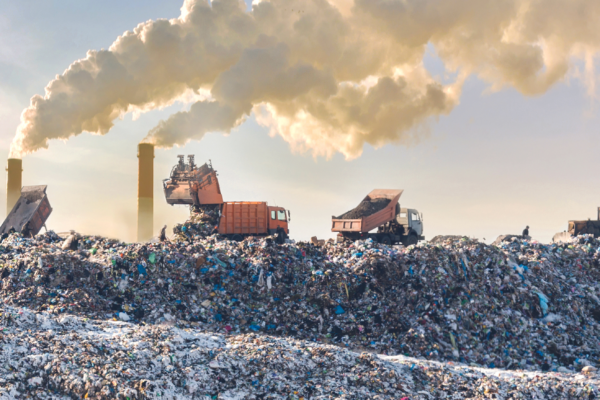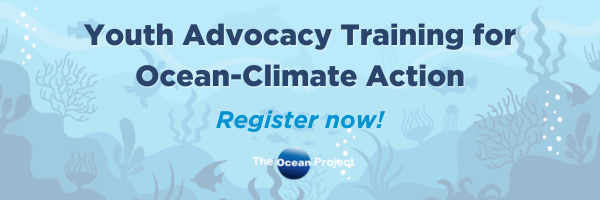News & Discussion
Check out these timely articles and essays which may be helpful for framing various environmental issues, connecting with specific audiences, or otherwise informing your storytelling and communications.
- The thrilling new climate blockbuster: Hawks vs. Scolds!
As usual, David Roberts of Grist and Andrew Revkin of The New York Times are writin’ about talkin’ about climate change. In the articles linked, they address the phenomenon of climate change communicators’ “reverse tribalism” in a manner that is respectful and lively (possibly a first for the internet). Here’s another perspective from a self-described ‘scold’which sums it up and offers more commentary. - So how should we talk about Sandy?
George Lakoff makes a case for how we can effectively communicate the link between hurricane Sandy and climate change. He recommends framing it as a systematic relationship—like smoking is a systematic cause of lung cancer, climate change is a systematic cause of more frequent extreme weather. This is as opposed to a direct causation (as throwing a rock is a direct cause of a broken window). What do you think? Dan Kahan responds at the Cultural Cognition Project. - Environmental Justice for Human Health
A new study has shown that “tiny particles of air pollution contain more hazardous ingredients in non-white and low-income communities than in affluent white ones.” The intersectionality of social justice and environmental health is old news to many who fight for environmental protections, but a useful resource in framing the issue. Lots of specifics in the linked article.
Resources
Some new studies, market research, toolkits, and strategies that may be helpful when communicating about conservation and climate change.
- Americans rank energy policy as more important to their 2012 vote than environmental policy
Does any comment need to be made about the link between those issues? 67 percent of respondents said a candidate’s environmental policy was either very important or important. Seventy-seven percent surveyed said the same of energy policy. - PBS Frontline’s Climate of Doubt
A new hour-long investigation into climate change communication in America and the groups that “shifted the direction of the climate change debate.”




